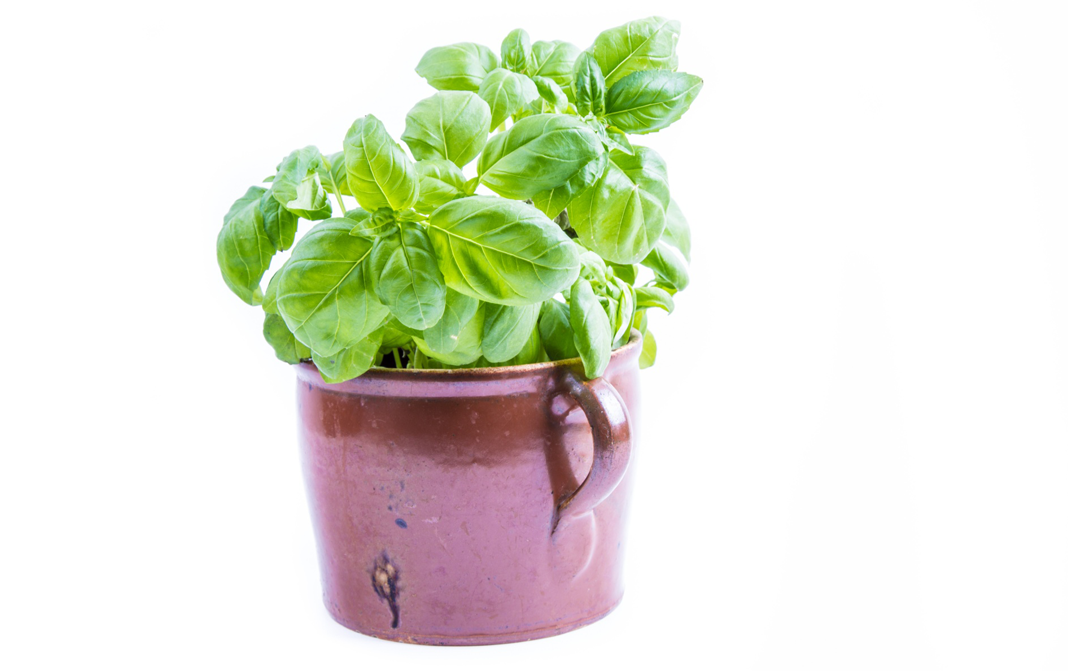


Always go for the fresh one as it is more flavoursome and aromatic. Hence the fresh ones should be green and leafy without any blemishes and spots.
There is no said side effects of basil, but it might trigger allergy on some people, therefore it should be consumed in moderation.(3)
- Disclaimer
"Information here is provided for discussion and educational purposes only. It is not intended as medical advice or product or ingredient review/rating. The information may not apply to you and before you use or take any action, you should contact the manufacturer, seller, medical, dietary, fitness or other professional. If you utilize any information provided here, you do so at your own risk and you waive any right against Culinary Communications Private Limited, its affiliates, officers, directors, employees or representatives.”
Description
Basil is regarded as one of the most widely used herbs in the culinary world and supposedly runs the gamut in the kitchen. It has a varied usage, from savoury to sweet it is well known for its characteristic flavour. Although it is said that it draws its origin from the Indian subcontinent, but its availability and usage is seen all across the globe, as it swiftly got spread in the west. In India, it is indigenous to the lower hills of Punjab and Himachal Pradesh With a wide reach in the culinary world, different varieties of basil are said to be used in the cuisine of different places like the sweet basil is very much in use in Italian cuisine. Some of the varieties of basil are sweet basil, cinnamon basil, clove basil, lemon basil, holy basil. Apart from its use in the culinary world, it is also said to be of great potency in the Ayurvedas. Basil generally is a green leafy plant with distinct physical traits that makes it unique. It is fond of heat but dies if hit by a frost, that is it develops well in a humid climate and hence cannot withstand frost.